There were a surprising number of books on Taiwan in 2003, perhaps confirming Christopher Logan and Teresa Hsu's thesis in their admirable Culture Taipei! (SMC Publishing) that a remarkable social and artistic renaissance is taking place here.
First there was Eric Mader-Lin's satirical novel A Taipei Mutt (Cheng Shang) in which a newly arrived foreigner is changed into a dog by a bewitching lady in slinky black silk and embarks on the search for the girl who might change him back again. Next came Angelwings: Contemporary Queer Fiction from Taiwan (Hawaii) in which Fran Martin translated 10 notable gay short stories from the Taiwan of the 1990s. The Emerging Lesbian by Sang Tze-Lan (Chicago), which, though mainly about China, had an illuminating chapter on developments in Taiwan. It saw the island as a beacon of liberation and freedom which one day China may just possibly see fit to follow.
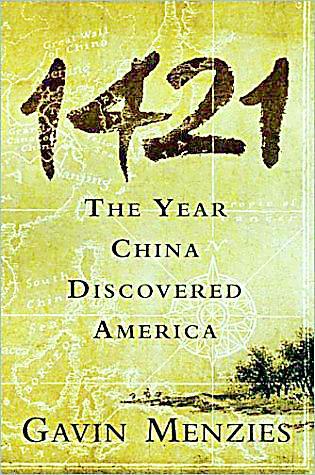
Private Prayers & Public Parades by Mark Caltonhill (Taipei City Government) surveyed Taipei's religious life with affection and tact, while Scott Simon's Sweet and Sour: Life-Worlds of Taipei Women Entrepreneurs (Rowman and Littlefield) looked at a wide range of enterprising Taiwanese women from the worlds of high finance to noodle-selling.
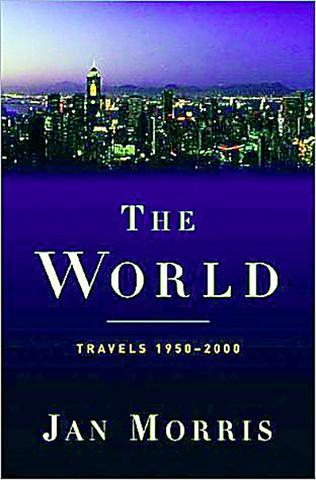
Lastly, there was the historical Doctors Within Borders by Ming-Cheng M. Lo (California) featuring the reactions of the early 20th century medical profession in Taiwan to the 1895 to 1945 Japanese occupation.
CHINA
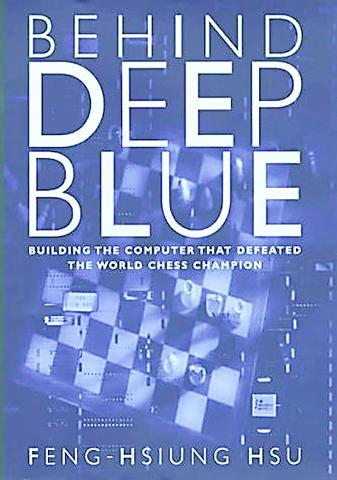
The book written by a foreigner that was most popular with Chinese people this year was probably 1421: The Year China Discovered the World (Bantam). In it, Gavin Menzies, a retired sea captain, advanced his theory that in that year Chinese fleets sailed to not only Borneo, Arabia and East Africa, as traditionally accepted, but also to North America, New Zealand and Antarctica. Scholars may have remained skeptical, but the book's potential to feed local pride on both sides of the Taiwan Strait is clearly immense.
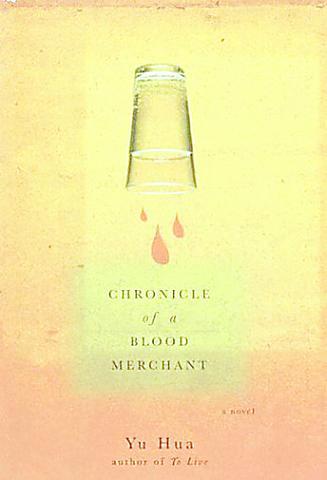
Meanwhile, two very different novels highlighted contrasting aspects of Chinese life, past and present. The Girl Who Played Go by Shan Sa (Chatto), originally written in French, imagined the meeting of a Japanese officer and a Chinese girl against the background of Japan's invasion of Manchuria in the 1930s; while Yu Hua's bizarrely comic Chronicle of a Blood Merchant (Pantheon) centered on the culture of blood-selling in the PRC during the 1950s and later.
Ting-xing Ye, author of the memoir A Leaf in the Bitter Wind (Bantam, 2000), published a novel Throwaway Daughter (Doubleday Canada) about a Chinese child adopted by a Canadian family who decides to travel to China in search of her birth parents and her roots. And in The Palace of Heavenly Pleasure (Hodder and Stoughton) Adam Williams penned an ambitious historical epic more than 700 pages long set in the days of the Boxer Rebellion of 1900. Both these novels will be reviewed in the Taipei Times early in the new year.
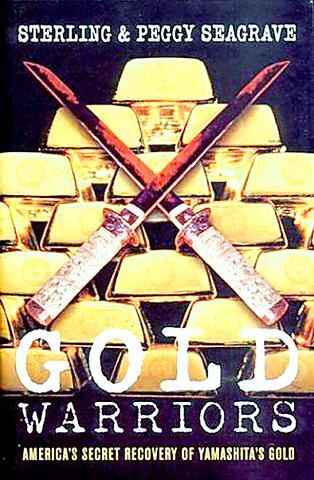
More ambitious still was A Dictionary of Maqiao by Han Shaogong (Columbia). This wonderful novel, organized like a dictionary, began with the life of the minority Maqiao people but went on to cover much of human existence. Han resembles James Joyce in his simultaneous zest for stylistic experiment and for the truth, however squalid. If a Chinese masterpiece was published in English in 2003, this book was probably it.
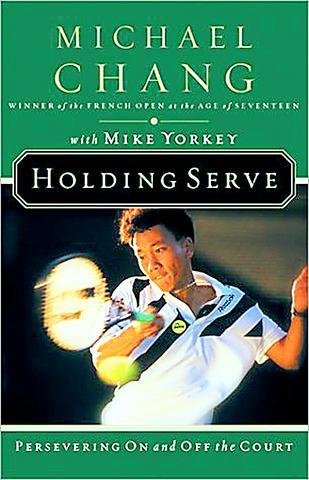
Popular travel books on China continued to flow from the presses. Green Dragon, Sombre Warrior by Liam D-Arcy Brown (Murray) saw the author traveling to its furthest points east, south, west and north, and Wild West China by Christian Tyler (also Murray) looked at both the history and the present realities of Xinjiang. Both are at least good enough to while away long Chinese train journeys.
The year also saw two popular books on the history of tea, The Gunpowder Gardens by Jason Goodwin (Penguin) and Green Gold: The Empire of Tea by Alan and Iris Macfarlane (Ebury). While neither book confined itself to the Celestial Empire, both gave a good deal of space to it.
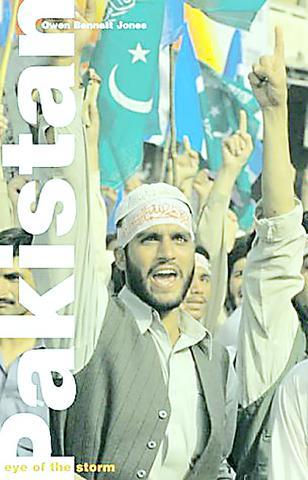
Finally, on the scholarly front, two new books threw light on diverse historical periods. Norman J. Girardot's The Victorian Translation of China (California) looked at James Legge, the 19th century translator of some of the greatest Chinese classics, while Frank Dikotter in Crime, Punishment and the Prison in Modern China (Columbia) examined some of the surprisingly enlightened penal policies pursued in China between 1911 and 1949.
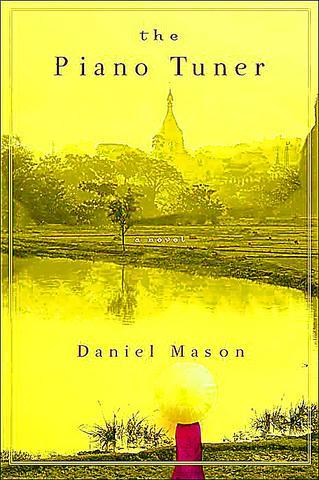
ASIA
Japan fared well in 2003. Best-selling Japanese novelist Haruki Murakami came up with After the Quake (Vintage), six stories about people influenced by the Kobe earthquake of 1995, Japan's most devastating since 1923. Giles Milton in Samurai William (Hodder & Stoughton) told the story of William Adams, the first Briton ever to set foot there, and skillfully managed to combine historical research with a lively prose style. Julie Otsuka in When the Emperor Was Divine (Viking) penned a sad novella about people of Japanese origin interned in the US during WWII; and Andrew Gerstle in Chikamatsu: Five Late Plays (Columbia) made history by translating into English for the first time some mature works by Japan's greatest playwright.
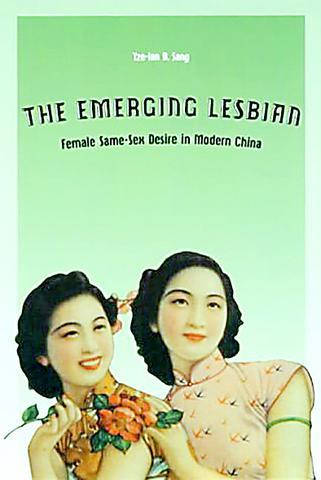
Burma (Myanmar) was the subject of two prominent books in 2003, both focusing on the Shan States region. Daniel Mason's novel The Piano Tuner (Picador) was by far the better of the two. It featured an innocent Victorian artisan who sailed East to repair the piano of a mysterious loner living in the outback, a figure comparable to Kurtz in Joseph Conrad's Heart of Darkness. Andrew Marshall's The Trouser People (Penguin) was a factual account of trips he made to some of the same tracts of country in more recent years.
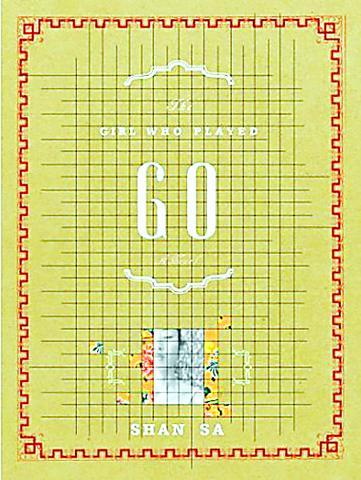
Monique Truong's The Book of Salt (Chatto) was a fine literary novel. Set in Paris in the 1920s, it was narrated by the Vietnamese chef living in the home of American modernist poet Gertrude Stein and her lover Alice B. Toklas.
Bangladeshi immigrants to the UK were the subject of one of the biggest fictional successes in London this autumn, Monica Ali's Brick Lane (Doubleday). The novel described how a Bangladeshi girl, brought to the UK to marry a Bangladeshi man already residing there, began an affair with another man while contemplating letters from her sister in Bangladesh that depict a life even more traumatic and victimized than her own.
Still on the subcontinent, Rupa Bajwa's novel The Sari Shop (Viking) told the story of a shop-assistant in a fabrics store in Amritsar who one day decided to strike out in a brave new direction, with results that were at best ambiguous.
Lastly, Pakistan: Eye of the Storm by long-time BBC correspondent Owen Bennett Jones (Yale) was an informed look at the country before the current warming of relations with its neighbor India.
ASIA ROUND THE WORLD
Other notable book by authors of Asian origin included Maxine Hong Kingston's The Fifth Book of Peace (Secker) and Hsu Feng-hsiung's Behind Deep Blue (Princeton).
Hong Kingston, who teaches at the University of California, Berkeley, is part of a long American radical tradition, if one currently in opposition. The Fifth Book of Peace, while not equal to her celebrated earlier books, evoked the mythical Three Books of Peace from ancient China in an appeal for peace in the US today.
Hsu Feng-hsiung was the man who designed and programmed the computer that beat the world champion Gary Kasparov in 1997. Considering that there are said to be a larger number of possible chess games of 40 moves than there are probable atoms in the universe, and that human beings have the advantage of being unpredictable, this was no easy task. Bobby Fischer reportedly said he'd happily challenge God to a game of chess and give him a pawn advantage. Computers may not be gods, but Deep Blue appears to have come pretty close.
Staying in the US, Michael Chang in Holding Serve (Hodder and Stoughton) narrated with a unique innocence how his Christianity sustained him in the ultra-competitive, macho world of men's international tennis.
In a category all of its own was Gold Warriors by Sterling and Peggy Seagrave (Verso). This outspoken book, backed up by CDs containing over 900 megabytes of evidence, claimed to catalogue what happened to the gold Japan stripped from the peoples of Asia before and during World War II (including a reputed 6,000 tonnes from Chiang Kai-shek's treasury and the homes of the leaders of Nationalist China). It went some way to explaining why, to this day, areas in Luzon regularly witness the arrival of aged Japanese tourists with metal-detectors in their luggage.
Finally, Asia featured prominently in Jan Morris's compendium of travel essays A Writer's World: Travels and Reportage 1950 to 2000 (Faber), with items on, among other places, India, Sri Lanka and Singapore. Morris had said that her book on Trieste would be her last, so it's a pleasure to see that she's allowing collections of articles such as this to prove exceptions to her rule.

In the March 9 edition of the Taipei Times a piece by Ninon Godefroy ran with the headine “The quiet, gentle rhythm of Taiwan.” It started with the line “Taiwan is a small, humble place. There is no Eiffel Tower, no pyramids — no singular attraction that draws the world’s attention.” I laughed out loud at that. This was out of no disrespect for the author or the piece, which made some interesting analogies and good points about how both Din Tai Fung’s and Taiwan Semiconductor Manufacturing Co’s (TSMC, 台積電) meticulous attention to detail and quality are not quite up to

April 21 to April 27 Hsieh Er’s (謝娥) political fortunes were rising fast after she got out of jail and joined the Chinese Nationalist Party (KMT) in December 1945. Not only did she hold key positions in various committees, she was elected the only woman on the Taipei City Council and headed to Nanjing in 1946 as the sole Taiwanese female representative to the National Constituent Assembly. With the support of first lady Soong May-ling (宋美齡), she started the Taipei Women’s Association and Taiwan Provincial Women’s Association, where she

Chinese Nationalist Party (KMT) Chairman Eric Chu (朱立倫) hatched a bold plan to charge forward and seize the initiative when he held a protest in front of the Taipei City Prosecutors’ Office. Though risky, because illegal, its success would help tackle at least six problems facing both himself and the KMT. What he did not see coming was Taipei Mayor Chiang Wan-an (將萬安) tripping him up out of the gate. In spite of Chu being the most consequential and successful KMT chairman since the early 2010s — arguably saving the party from financial ruin and restoring its electoral viability —

It is one of the more remarkable facts of Taiwan history that it was never occupied or claimed by any of the numerous kingdoms of southern China — Han or otherwise — that lay just across the water from it. None of their brilliant ministers ever discovered that Taiwan was a “core interest” of the state whose annexation was “inevitable.” As Paul Kua notes in an excellent monograph laying out how the Portuguese gave Taiwan the name “Formosa,” the first Europeans to express an interest in occupying Taiwan were the Spanish. Tonio Andrade in his seminal work, How Taiwan Became Chinese,